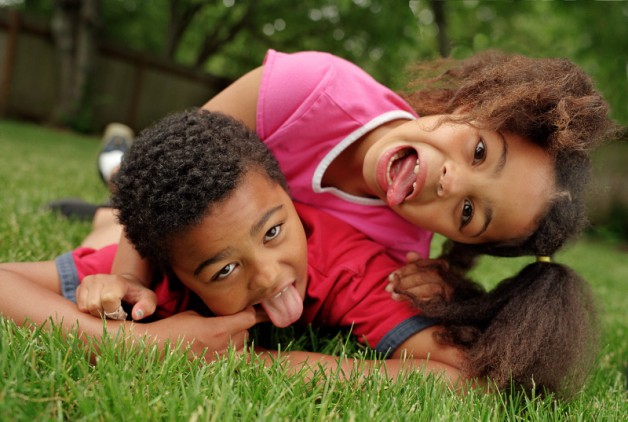Nursery child begins to explore materials and activities and discover new concepts as well as build social skill through a variety of stimulating, hands on experiences, several different learning centers, field trips, special occasion’s celebrations.
Learning Goals for our Nursery Programs:
|
Areas |
Nursery |
|
Language Development |
Listening-Follows basic instructions -Listens to a wide variety of literature with sustained interest -Listens attentively and recognizes when it is appropriate to speak -Maintains eye contact -Uses simple language using an ever increasing vocabulary to communicate meaning Speaking-Attempts to share a message with others using language -Demonstrates interest in and experiments with new sounds and words -Names preferred objects -Names pictures of common objects -Uses personal pronouns – I, you, me -Tells uses of objects -Retell a story in a sequence Pre Reading-Demonstrate knowledge of letter sounds and symbol -Holds book the correct way up and turns the pages -Listens to joins in to recite rhymes and poems with repetitive language -Develop an interest and appreciation for stories – Asks to be read again: shows interest in discussions about storyline, illustrations/characters Pre-Writing-Begins to demonstrate interest in the marks they make with crayons, markers and paint brushes -Willingly engages in representations/ creative experiences using materials for creative purposes -Works collaboratively on art pieces |
|
Knowledge and Understanding |
-Uses senses to explore, discover and investigate their world -Begins to ask questions -Demonstrate interest in how things operate -Demonstrates curiosity in and wonders about the world, people, objects, events and situations. -Display creativity and resourcefulness in the innovative use of ideas and materials -Use simple language to identify a problem (may use verbal and non verbal communication) -Displays confidence in experimenting and investigating own theories -Demonstrates a wide range of problem solving strategies including trial and error, observation, reflection, questioning and researching |
|
Mathematical Understanding |
-Participates in simple number experiences e.g. finger plays and action rhymes -Begins to recognize shapes and color in the environment (may label familiar shapes) -Uses simple math language e.g. one more, the same, more than May demonstrate an awareness that objects can be counted but may count randomly by rote -Can do matching and sorting objects according to color or shape -Shows one to one correspondence -Understands basic seriation (arranging objects in series/patterns) -Demonstrates an awareness that objects can be counted |
|
Physical Development |
-Displays confidence in using their bodies to express ideas, thoughts and feelings. -Displays increasing control and coordination over movements involving the arms, hands and fingers -Demonstrates an increasing variety of different pincer and plamer -Displays eye-hand coordination and increasing small muscle coordination (use of spoon, cup, scissors, pencils and paint brushes) -Participates In support hygiene practices e.g. washing hands, placing tissue in the waste bin |
|
Personal-Social-Emotional Development |
-Ability to form trusting relationships and attachments to others in the environment -Ability to adjust to new routines and unfamiliar situations and challenges -Ability to approach familiar situations with confidence -Displays an understanding of turn taking -Shows interest in interacting with others in the environment -Accepts responsibilities for small tasks e.g. placing a book on the shelf -Participates in small and large group activities -Responds to simple group rules |
|
Creative Development |
-Sings simple songs with increasing more complex melodies and vocabulary -Explores the elements of music (beat and rhythm) -Displays ability to keep a beat with body movements -Creates simple dance movements -Explores colors, textures, shape and form -Enjoys a variety of art experiences like drawing, painting, coloring and sticking |



Comments are closed.